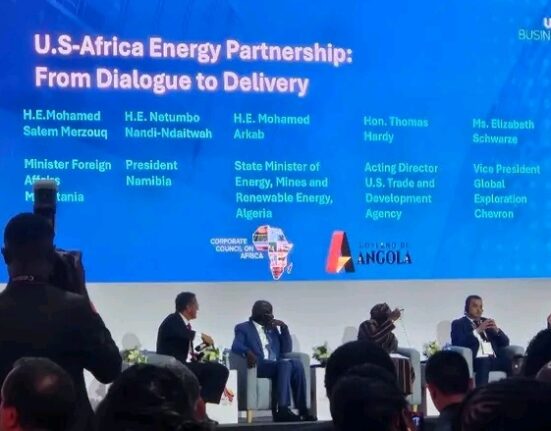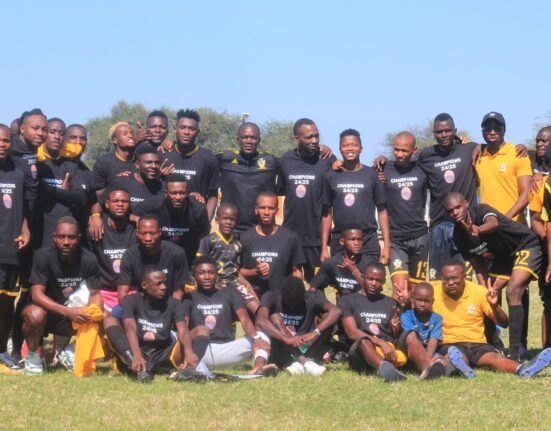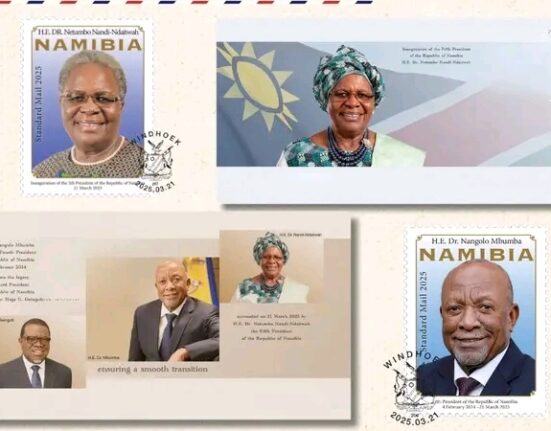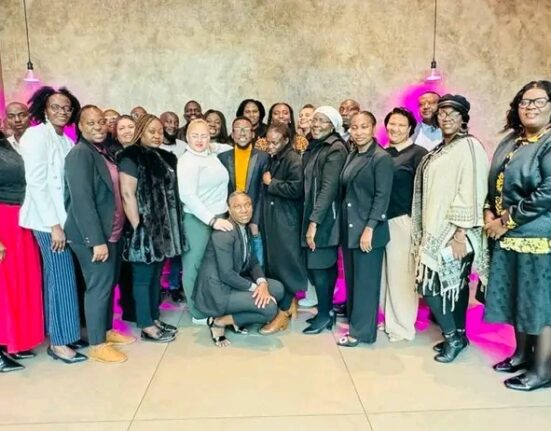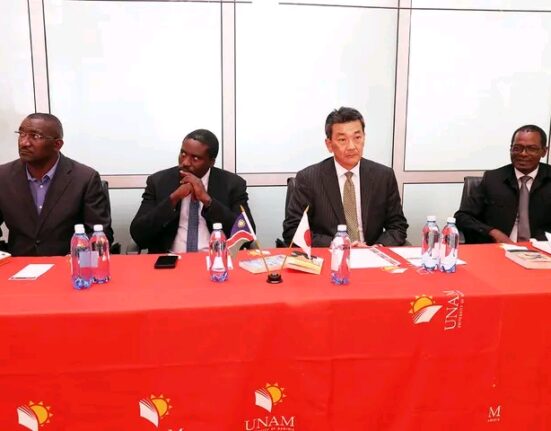Namibia, a country in Southern Africa, has undergone a remarkable transformation since its liberation from colonial rule. The Namibian Liberation War, or Namibian War of Independence, which took place between 1966 and 1989, was a pivotal chapter in the nation’s history, shaping its political landscape, national identity, and social dynamics. The struggle for independence from South Africa’s apartheid regime, and the subsequent victory of the South West Africa People’s Organization (SWAPO), left a profound mark on Namibia’s modern political environment. As Namibia commemorates over three decades of independence, it is important to understand the war’s enduring legacy in the country’s contemporary politics.
This article explores the key impacts of Namibia’s liberation war on modern-day politics, addressing the political culture, leadership, national reconciliation, and ongoing struggles for economic equality. It will also examine how the war’s legacy continues to influence Namibia’s domestic and foreign policy.
The Road to Independence: A Brief Overview
Namibia’s liberation struggle was primarily a battle between SWAPO and the South African apartheid regime, which had administered Namibia as a mandate territory under the League of Nations and later as a de facto colony after World War II. The struggle began in earnest in 1966, when SWAPO launched its armed insurgency against the apartheid forces occupying Namibia. The war involved guerilla warfare, with SWAPO’s military wing, PLAN (People’s Liberation Army of Namibia), fighting against South African troops and their local allies.
SWAPO, with support from various African countries, including Angola, Zambia, and the Soviet Union, fought for Namibia’s right to self-determination and the end of racial segregation. The war was a continuation of the broader struggle against colonialism and apartheid that was sweeping across Africa in the 20th century. After decades of conflict, negotiations for peace and independence began in the 1980s, culminating in the United Nations’ endorsement of a peace plan known as the UN Transition Assistance Group (UNTAG). Namibia gained full independence on March 21, 1990, marking the end of a long and painful struggle.
The Legacy of the Liberation War: Shaping Namibia’s Politics
SWAPO’s Dominance in Namibian Politics
One of the most significant outcomes of the liberation war is the continued political dominance of SWAPO. The party, which led the fight for independence, has been the ruling political force since Namibia’s independence in 1990. SWAPO’s political ideology, rooted in anti-colonialism, socialism, and Pan-Africanism, has remained a core tenet of the country’s governance.
SWAPO’s leadership, especially its first President Sam Nujoma, who served from 1990 to 2005, played a central role in shaping Namibia’s post-independence political landscape. Nujoma’s leadership was instrumental in consolidating the country’s new democratic institutions, promoting national unity, and fostering reconciliation between the country’s ethnic groups, which had been deeply divided by apartheid policies. His successor, Hage Geingob, who became president in 2015, has continued to uphold SWAPO’s political vision, focusing on economic growth, national development, and the further entrenchment of Namibia’s democratic framework.
The legacy of the liberation war remains visible in Namibia’s political culture, with SWAPO still holding a strong majority in both the National Assembly and the National Council. However, the party’s long reign has also sparked debates about political stagnation and the emergence of opposition parties challenging SWAPO’s monopoly on power.
The Role of Veterans and Political Symbolism
Another key aspect of the war’s legacy is the influence of war veterans in Namibia’s politics. The Namibian Veterans Association (NVA) and other liberation war veterans play an influential role in the political sphere, advocating for their rights and recognition in the post-independence era. The government has made significant efforts to honor and provide for veterans, recognizing their contributions to the struggle for independence.
The liberation war’s symbolic significance remains evident in Namibia’s political discourse. National celebrations such as Independence Day (March 21) and Heroes’ Day (August 26) are deeply embedded in the collective memory of the nation. These events commemorate the sacrifices made by Namibians in the fight for freedom, and they serve as platforms for the ruling government to reinforce its political agenda and vision for the future.
The nation’s political parties, particularly SWAPO, continue to use the imagery and rhetoric of the liberation struggle as a unifying force in the national consciousness. The liberation war, in many ways, transcends mere historical events and has become part of Namibia’s identity. For SWAPO, the victory over apartheid remains a defining achievement that provides the moral and ideological legitimacy of its political leadership.
National Reconciliation and Social Cohesion
The liberation war’s lasting legacy can also be seen in Namibia’s national reconciliation efforts. The scars of war, particularly the deep divisions between the various ethnic groups and the devastating impact of apartheid policies, required significant effort in healing and reconciliation. The process was guided by a commitment to democracy, inclusivity, and human rights, with the Constitution of Namibia (1990) serving as the cornerstone of the nation’s post-independence legal and political framework.
SWAPO, under Nujoma’s leadership, emphasized national unity and reconciliation as fundamental pillars of the country’s democratic transition. While political factions were still present, Namibia was relatively successful in avoiding ethnic conflict and civil strife, a common outcome in post-colonial African nations. The government’s policy of reconciliation sought to integrate former enemies into the political system and encourage cooperation across racial and ethnic lines.
However, reconciliation in Namibia has not been without its challenges. The social and economic divisions created by colonialism, apartheid, and the war for independence have persisted. While Namibia has made significant progress in promoting political unity, the socio-economic inequalities that were entrenched during apartheid continue to plague many Namibians, particularly in rural areas.
The Economic Impact of the Liberation War
The legacy of the liberation struggle is not limited to political and social issues; it also had a lasting impact on Namibia’s economic development. The war, which lasted for over two decades, disrupted the country’s economic activities, particularly agriculture, infrastructure development, and industrialization. The cost of the war was immense, both in terms of human lives and the diversion of resources from nation-building efforts.
Post-independence, the Namibian government faced the daunting task of rebuilding the country’s economy and infrastructure, all while addressing the entrenched disparities in wealth and land ownership. While the country has made significant strides in areas such as mining, tourism, and agriculture, poverty and inequality remain persistent challenges.
The legacy of the liberation struggle is also reflected in the ongoing debate over land reform, as many Namibians, particularly those in rural areas, continue to demand greater access to land that was historically seized by colonial powers and later occupied by the South African government. Addressing the economic legacy of apartheid remains a central issue for Namibian policymakers.
Namibia’s Foreign Policy and Its Liberation War Legacy
Namibia’s independence and its liberation war have had a lasting impact on its foreign policy. The country’s history of fighting against colonial and apartheid oppression has shaped its approach to international relations, particularly in the context of African solidarity and Pan-Africanism.
Namibia has maintained strong ties with Southern African Development Community (SADC) countries and has been an active participant in peacekeeping and conflict resolution efforts across the continent. Namibia’s commitment to human rights, democracy, and non-interference in the affairs of sovereign nations is part of its foreign policy, reflecting the values that were central to its liberation struggle.
Namibia’s diplomatic efforts also include its continued dialogue with Germany, especially concerning the colonial-era atrocities that were committed against the Herero and Nama people during German rule. The liberation war’s legacy has informed the nation’s position on reparations and historical reconciliation with Germany.
The liberation war is woven into the fabric of Namibia’s identity and modern political life. The political, social, and economic landscape of the country is deeply influenced by the war’s legacy, particularly in terms of SWAPO’s political dominance, national reconciliation efforts, and the ongoing struggles for economic equality.
As Namibia moves forward, the challenge will be to build on the gains made since independence while addressing the legacy of the war. This includes continuing the process of nation-building, overcoming historical divisions, and ensuring that all Namibians benefit from the nation’s growth and prosperity. The legacy of Namibia’s liberation struggle will remain a powerful force in the country’s political discourse for years to come, serving as both a source of national pride and a reminder of the work that still lies ahead.
Join 'Namibia Today' WhatsApp Channel
Get the breaking news in Namibia — direct to your WhatsApp.
CLICK HERE TO JOIN







